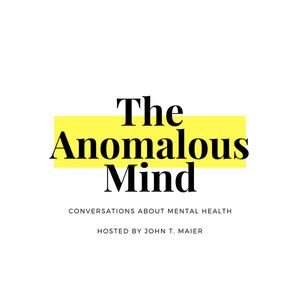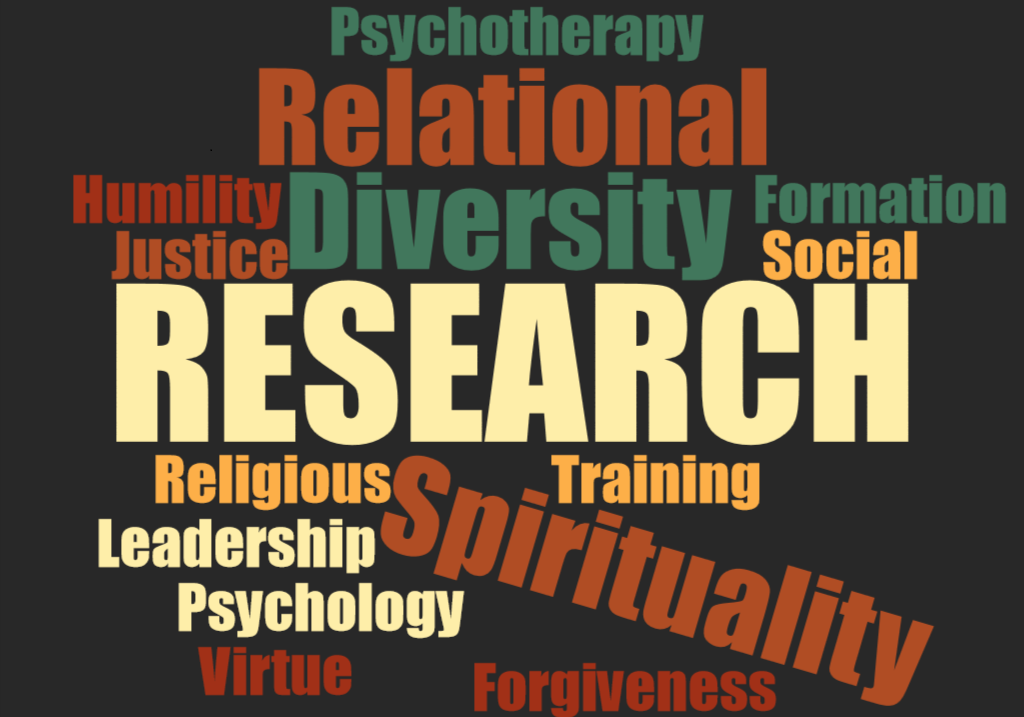Recent Publications by Danielsen Institute Researchers
2022 has been a busy year so far for Danielsen Institute researchers. Below are a few highlights of recent publications and presentations. DI staff names are bolded in the works below.
Articles

Captari, L. E., Cowden, R. G., Sandage, S. J., Davis, E. B., Bechara, A. O., Joynt, S., & Counted, V. (2022). Religious/spiritual struggles and depression during COVID-19 pandemic lockdowns in the Global South: Evidence of moderation by positive religious coping and hope. Psychology of Religion and Spirituality. Advance online publication. http://dx.doi.org/10.1037/rel0000474
Physical and existential threats stemming from the coronavirus disease 2019 (COVID-19) pandemic may provoke religious/spiritual (R/S) struggles or exacerbate preexisting angst and questions. In the Global South, where pervasive social–structural disadvantages limit resource availability to mitigate psychosocial consequences, doubts about divine presence and purpose amidst suffering, loss, and uncertainty may be especially salient factors in spiritual and mental health. With two independent samples of Colombians and South Africans recruited during an early phase of lockdown in each country, the current set of studies (N Study 1 = 1,172; N Study 2 = 451) examined positive religious coping (Study 1) and state hope (Study 2) as potential resources that may support the mental health of people living in the Global South who experienced R/S struggles during the public health crisis. Results of hierarchical regression analyses across both studies revealed that R/S struggles were positively associated with depression. In Study 1, there was a two-way interaction between R/S struggles and positive religious coping, such that the relation between R/S struggles and depression was attenuated when positive religious coping was higher for both men and women. In Study 2, a three-way interaction emerged among R/S struggles, state hope, and gender; R/S struggles were associated with higher levels of depression when state hope was low in women and when state hope was high in men. We discuss the implications of these findings for promoting psychological and spiritual well-being in low- and middle-income countries during the COVID-19 pandemic.

Jankowski, P.J., Sandage, S.J., & Crabtree, S.A. (2022, May 5). The psychometric challenges of implementing wellbeing assessment into clinical research and practice: A Commentary on “Assessing mental wellbeing using the Mental Health Continuum – Short Form: A systematic review and meta-analytic structural equation modeling.” Clinical Psychology: Science and Practice.
Iasiello et al. offered a useful meta-analytic summary of the construct validity evidence for the internal structure of the Mental Health Continuum–Short Form (MHC-SF), with the aim of encouraging the assessment of ‘wellbeing in clinical practice to demonstrate clinically relevant outcomes that may contribute to clinical recovery or relapse prevention’. As Iasiello et al. noted, clinical assessment and treatment effectiveness have focused on ‘dysfunction and distress’ and the use of the MHC-SF can help reorient practitioners toward addressing symptom reduction and improved wellbeing. Iasiello et al. also drew attention to the ongoing debate about the dimensionality of the MHCSF. They also joined a recent chorus of voices that have raised concern about the widespread proliferation of measures, often tied to researcher specific theoretical models, rather than ‘validating and improving existing measures. Furthermore, research is needed on the utility of the MHC-SF with clinical samples, since it does seem that clinical samples may differ from the general population in their interpretation of the items. As Iasiello et al. pointed out, some dimensions of wellbeing may be difficult for clients ‘to differentiate … when feeling severely distressed’. Research is therefore needed on client wellbeing across multiple time points to see whether clients might perceive more nuanced distinctions among MHC-SF wellbeing dimensions over the course of treatment. It may in fact be that clients perceive greater distinctions in wellbeing as their symptoms improve.
Interviews

The Brink, Boston University’s forum for research news, interviewed Danielsen Institute Director of Research, Steven J. Sandage, about the upcoming project on burnout prevention, well-being, flourishing among U.S. therapists, chaplains, and clergy. You can read it here.

Dr. John T. Maier, a Boston-area therapist and philosopher hosts a podcast called the Anomalous Mind: Conversations About Mental Health. He interviewed Danielsen Institute Director of Research, Steven J. Sandage, about the Institutes areas of research broadly speaking. You can listen to their conversation here.
Events

Dr. Laura Captari and Dr. Elise Choe co-taught an intensive course at Boston University’s School of Theology in April 2022 called Helping Spiritual Communities Flourish: A Multicultural Approach. This course incorporated Danielsen Institute clinical research from along with student dialogue to create a feedback loop as part of our ongoing learning processes about virtues, well-being, and flourishing. This kind of collaborative process is part of our goal of an “open system,” relational approach to research with new understanding flowing in various directions.

Laura Captari presented at a Boston University event for the Initiative on Cities titled Safety, Justice, and Health Learning Community. She discussed her co-authored study, “Effectiveness of an Intensive Experiential Group Therapy Program in Promoting Mental Health and Well-Being Among Mass Shooting Survivors: A Practice-Based Pilot Study”. She highlighted the potential for group modalities as a means of decolonizing therapy as well as the impacts of integrating spiritual, existential, religious, and theological approaches and intercultural understandings about the roles of narrative and experience in healing and meaning-making. You can read about the Initiative here.
